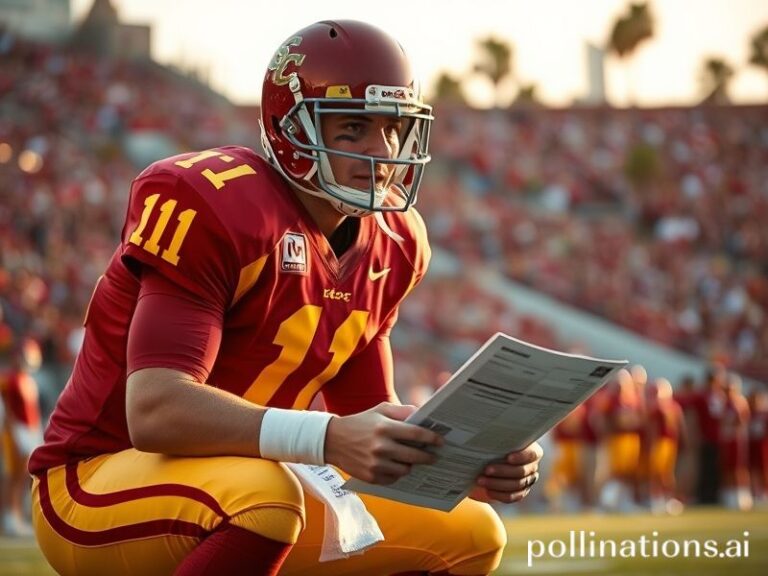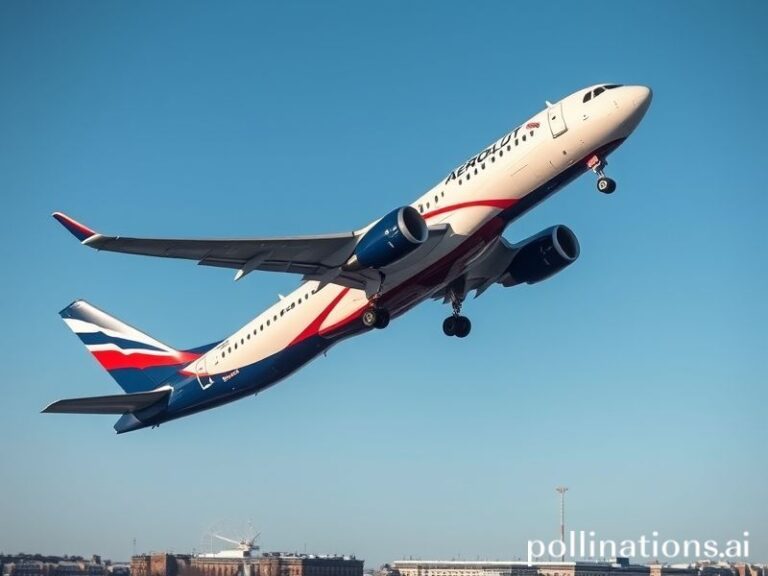Kairat Almaty: How a Kazakh Football Club Became the World’s Most Cheerful Geopolitical Weapon
Kairat Almaty and the Quiet Theater of Post-Soviet Football Diplomacy
By our man in the steppe, nursing a lukewarm Baltika and a colder worldview
Almaty, Kazakhstan – On any given Thursday night, while the rest of the planet obsesses over VAR melodramas in the Premier League or the latest cryptocurrency stadium naming-rights fiasco, a modest 23,000-seat bowl at the foot of the Trans-Ili Alatau is staging its own miniature Cold War revival. Welcome to Central Asia’s best-kept geopolitical secret: FC Kairat Almaty, the Kazakh side that has spent the last decade quietly turning Europa Conference League qualifiers into soft-power billboards for a regime that still lists “eternal leader” as a LinkedIn skill.
To the uninitiated, Kairat is merely the team with the candy-pink away kit—an aesthetic choice apparently inspired by Pepto-Bismol and state-subsidized optimism. But zoom out and you’ll notice the club functions as a kind of footballing embassy for a country that Wikipedia still files under “vast, resource-rich, and vaguely confusing.” When Kairat knocks out a mid-table Armenian side, Kazakh state media splashes the victory across primetime like a moon landing. When they lose, the match is relocated to page nine, somewhere between an advert for Turkish washing machines and a weather report confirming that, yes, it is still winter.
The international significance? Start with the roster: a Bosnian striker on loan from a Russian club now sanctioned into ruble-rubble; a Korean midfielder whose last paycheck arrived via a Chinese conglomerate that also builds Belt-and-Road coal plants; and a Brazilian defender who thought he was signing for a team in Portugal because “Almaty” sounded suspiciously Iberian on a Zoom call. It’s a UN General Assembly in shin pads, proof that globalization’s death has been greatly exaggerated—mostly by people who never tried shipping a defender through three customs unions in midwinter.
Meanwhile, European scouts treat Kairat like a pop-up outlet mall: cheap talent, questionable knock-offs, and the lingering suspicion that the warranty isn’t worth the PDF it’s printed on. Every August, some Bundesliga II side lands a Kazakh winger who runs like the steppe wind and finishes like a tax audit. Six months later he’s back, contract shredded, clutching a duffel bag of Turkish lira and existential dread. Repeat cycle, file under “development economics.”
The stadium itself, the venerable Central Stadium named after—who else?—First President Nursultan Nazarbayev, has become a diplomatic petri dish. VIP boxes host Turkish trade delegations sipping fermented camel-milk cocktails while pretending to understand the offside rule. Chinese engineers from the Khorgos dry port use halftime to pitch high-speed rail extensions to provincial governors who thought they were here for the free blini. And somewhere in the nosebleeds, a clutch of European NGO interns scribble notes about “sportswashing,” blissfully unaware that the local ultras have repurposed their report as rolling papers.
Global implications? Consider the scoreboard. Last season Kairat earned more from UEFA solidarity payments than from domestic TV rights—a fiscal arrangement that makes the club less a football team and more a remittance-dependent microstate. Every point in Europe translates into hard currency Almaty can’t pump out of the ground anymore now that Brent crude has the volatility of a Twitter meltdown. In effect, each 1-0 win against a Lithuanian also-ran props up the tenge about as effectively as any central-bank intervention, minus the bad optics of actually having to explain monetary policy to anyone.
And yet, for all the cloak-and-dagger finance, the fans persist in that peculiar post-Soviet optimism that confounds visiting sociologists. They sing Soviet-era chants repurposed with autotune, wave flags stitched in Turkish sweatshops, and celebrate goals by launching biodegradable confetti—because nothing says ecological awareness like importing colored paper from 3,000 kilometers away. Their passion is real, which is precisely why it’s so ruthlessly monetized.
So when Kairat lines up for the next qualifying round against some team you’ve never heard of from a country that didn’t exist when you were born, remember: you’re not watching football. You’re watching a resource-rich kleptocracy practice checkbook diplomacy with a ball, 22 itinerant mercenaries, and a color palette designed by a focus group in Astana. The final whistle will sound, the floodlights dim, and the mountains will still be there, indifferent to the human comedy flickering at their base. But somewhere in Brussels, a UEFA accountant will update a spreadsheet, and the tenge will wink—for exactly ninety minutes—at the euro.
Which, in 2024, counts as a foreign-policy triumph.







